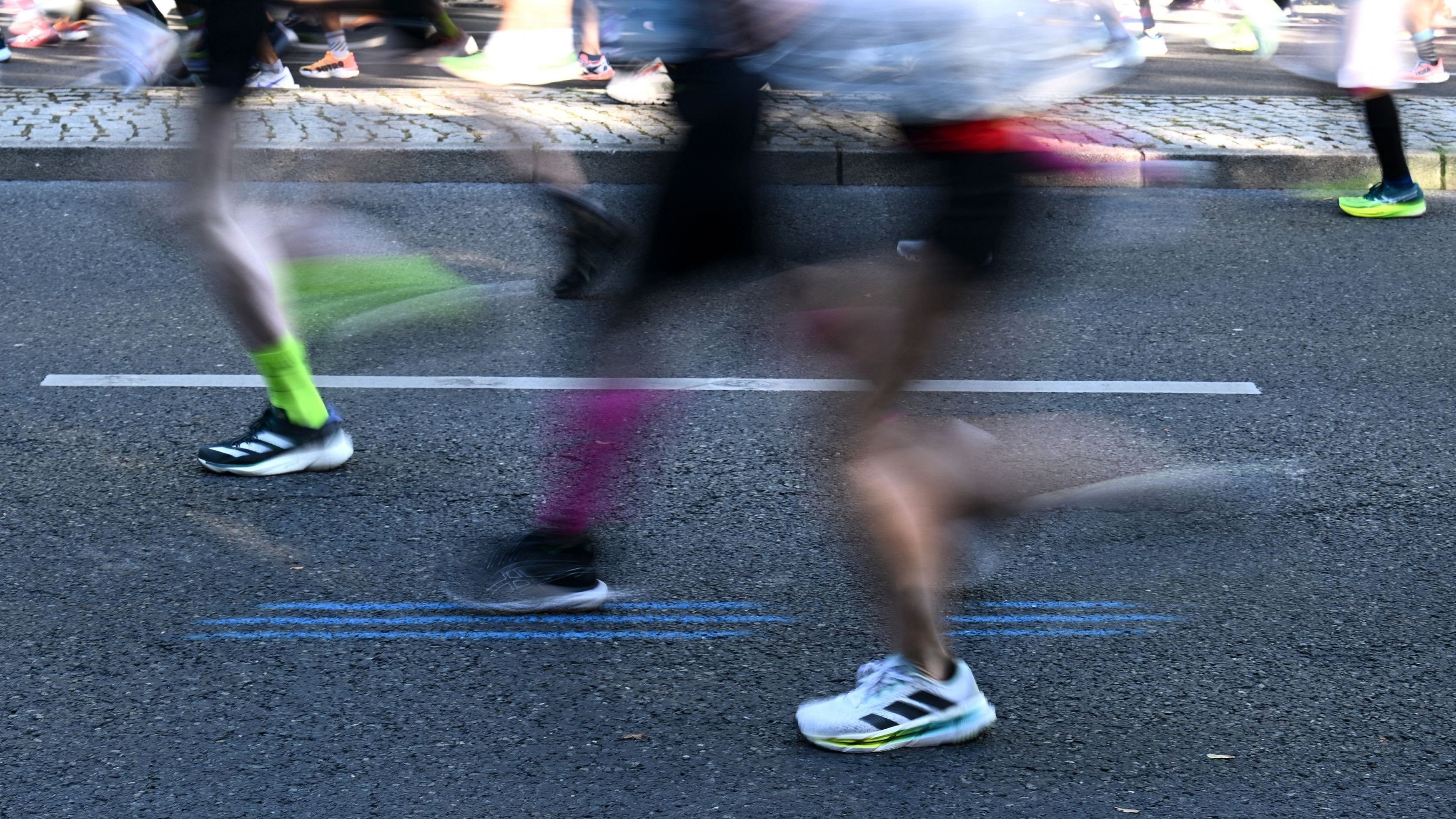
General view of shoes of runners during a marathon. Representative image.
Reuters
The legendary runner and the first man to run a marathon in under two hours, Eliud Kipchoge, recently said: Running is freedom; not running is prison. I am not a big runner like him, but I have been running for nearly fifty years now.
When I say running, I am not talking about jogging. Jogging is at an easy pace, while in running, one aims to improve one’s distance and timing and sometimes to test one’s limit. I also share Haruki Murakami’s view that in running, you must run for the entire distance and not walk any part.
I was 16 when I joined a group of friends who ran on the road to the river Narmada, nearly 6 km from my house in Jabalpur. We did not run the entire distance every day but definitely ran on holidays. In later years, I have run on rural roads, hilly tracks, along river banks, parks, beaches, running tracks of stadiums, and the treadmill, but rarely over 5 miles.
Gandhinagar in Gujarat, where I live now after retirement, is a dream place for runners. Within a radius of 3 kilometres of my house, there are four parks with synthetic tracks and at least two forest trails, but I avoid the latter so as not to disturb the stillness of the atmosphere there.
I try to run three to four times a week and shout a hurrah to myself when I can do a mile in less than eight minutes. I run alone but never feel so. I feel ‘running’ is my mate as well as my guide. I can feel "it" talking to me as I run—now asking me to pick up speed, then to take it easy, and then again to focus on my breath. It has taught me that in life one must not only keep moving but also maintain the pace to stay relevant.
It has also made me aware of the immense potential, endurance, and resilience of the human body. With proper training and discipline, anyone at any age can achieve spectacular results in physical fitness. Fauja Singh was 89 when he took to serious running and, at 93, completed a marathon in 6 hours and 54 minutes.
All runners know that for the best results, one must find the proper rhythm of one’s breath and stride. When you find it, the effort is minimal, and you feel as if you are ‘doing it without doing’, so to speak. I believe the same goes for life. One must discover one’s rhythm of living and then surrender to it.